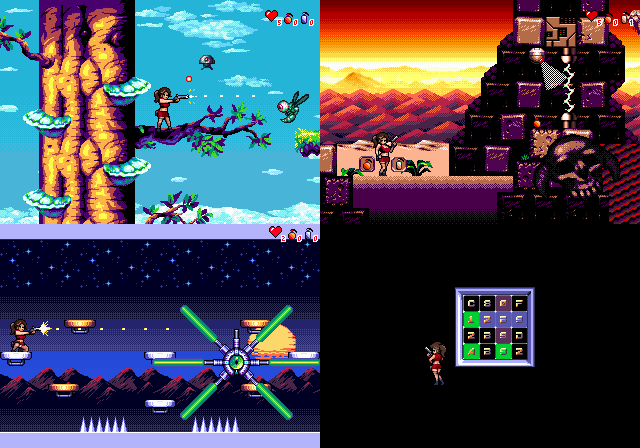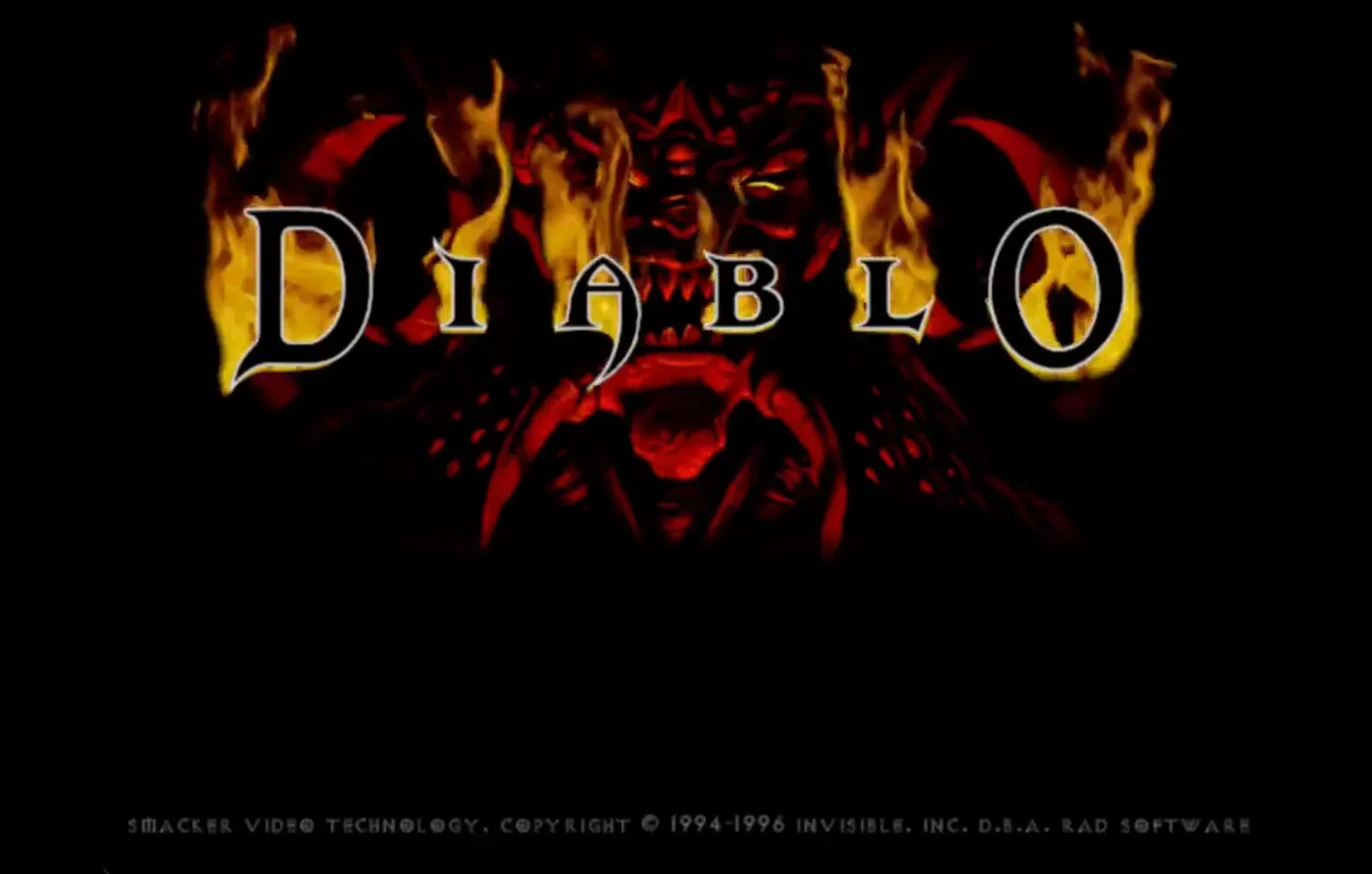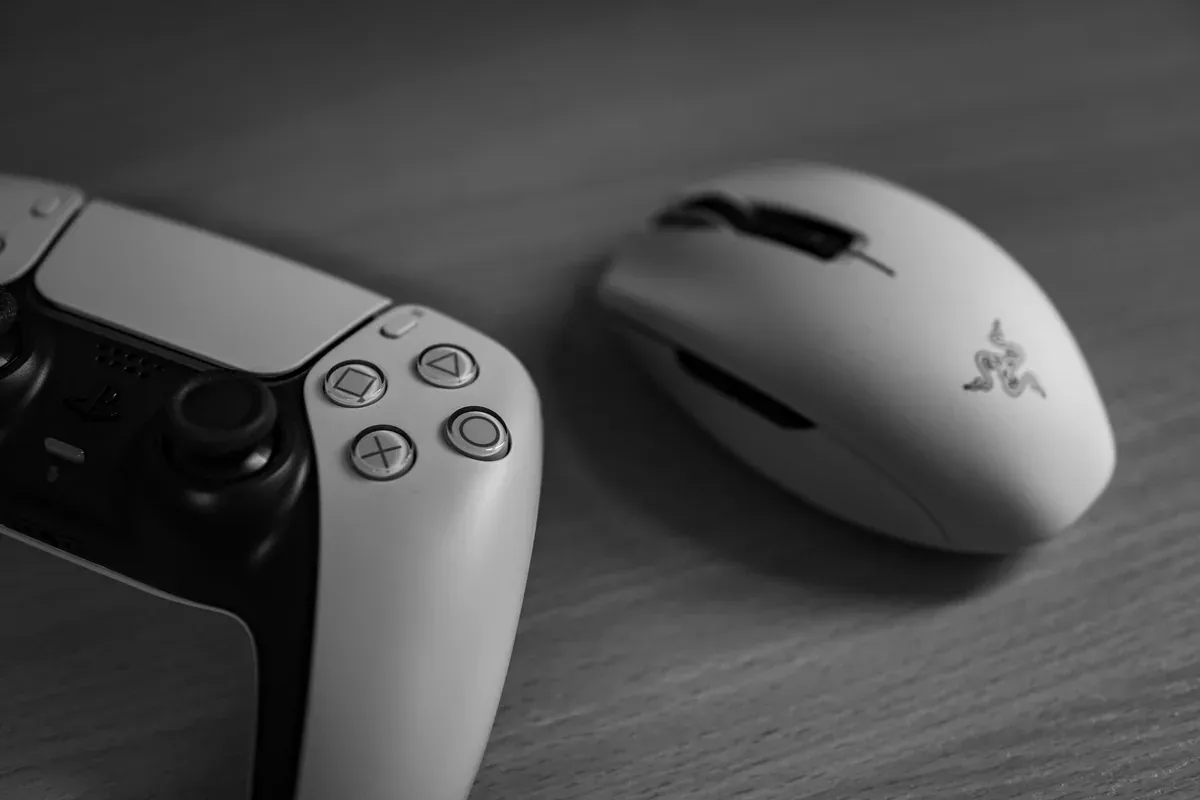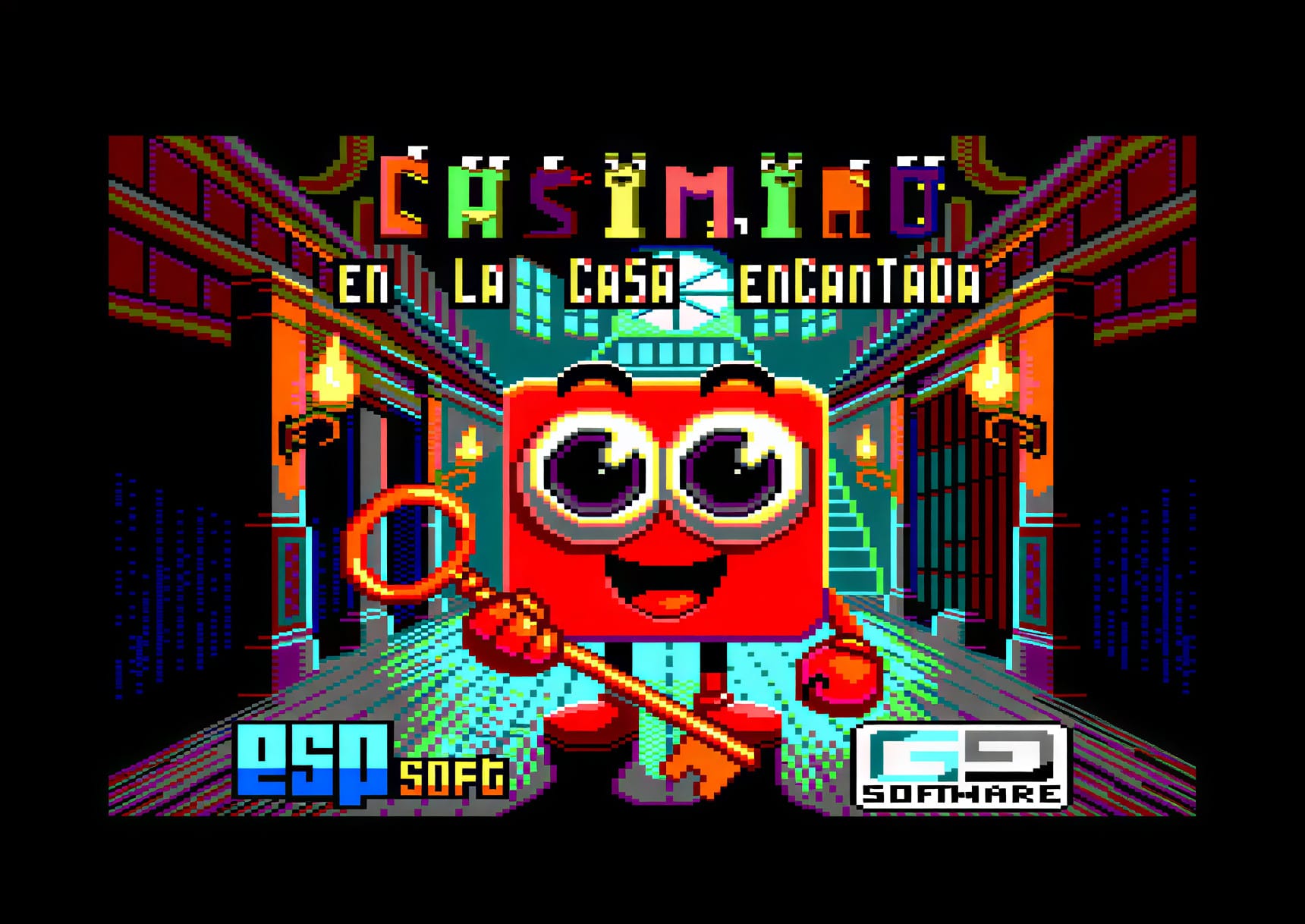'Geometry Dash' Ported to the NES in New 'Famidash' Demake
Geometry Dash has arrived on the NES through Famidash, a new demake from Oziphantom. The project delivers smooth speed, tight controls and chiptune music on real eight bit hardware, proving once again how far the classic console can be pushed.
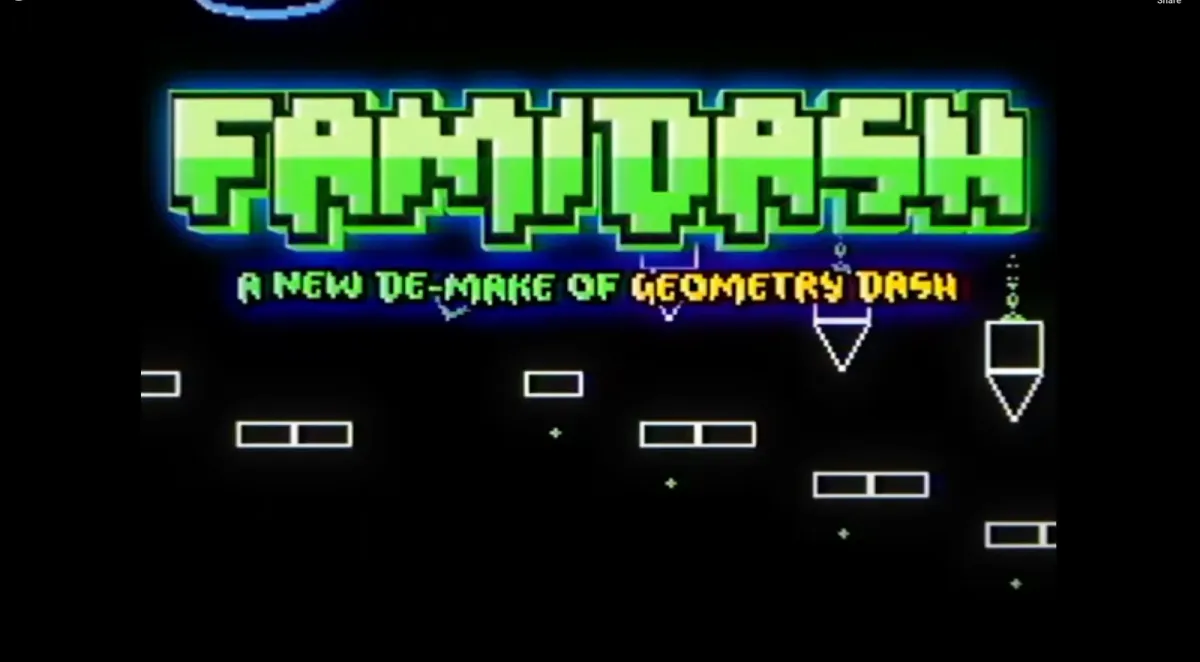
The high-octane, rhythm-based frustration of the modern classic Geometry Dash has found an unlikely new home on 8-bit hardware. A developer known as Oziphantom has released Famidash, a fully functional demake of the popular platformer, designed specifically to run on the Nintendo Entertainment System (NES). This project translates the precise timing and psychedelic visuals of the original game into a format that the 40-year-old console can handle, without sacrificing the speed that makes the title so addictive.
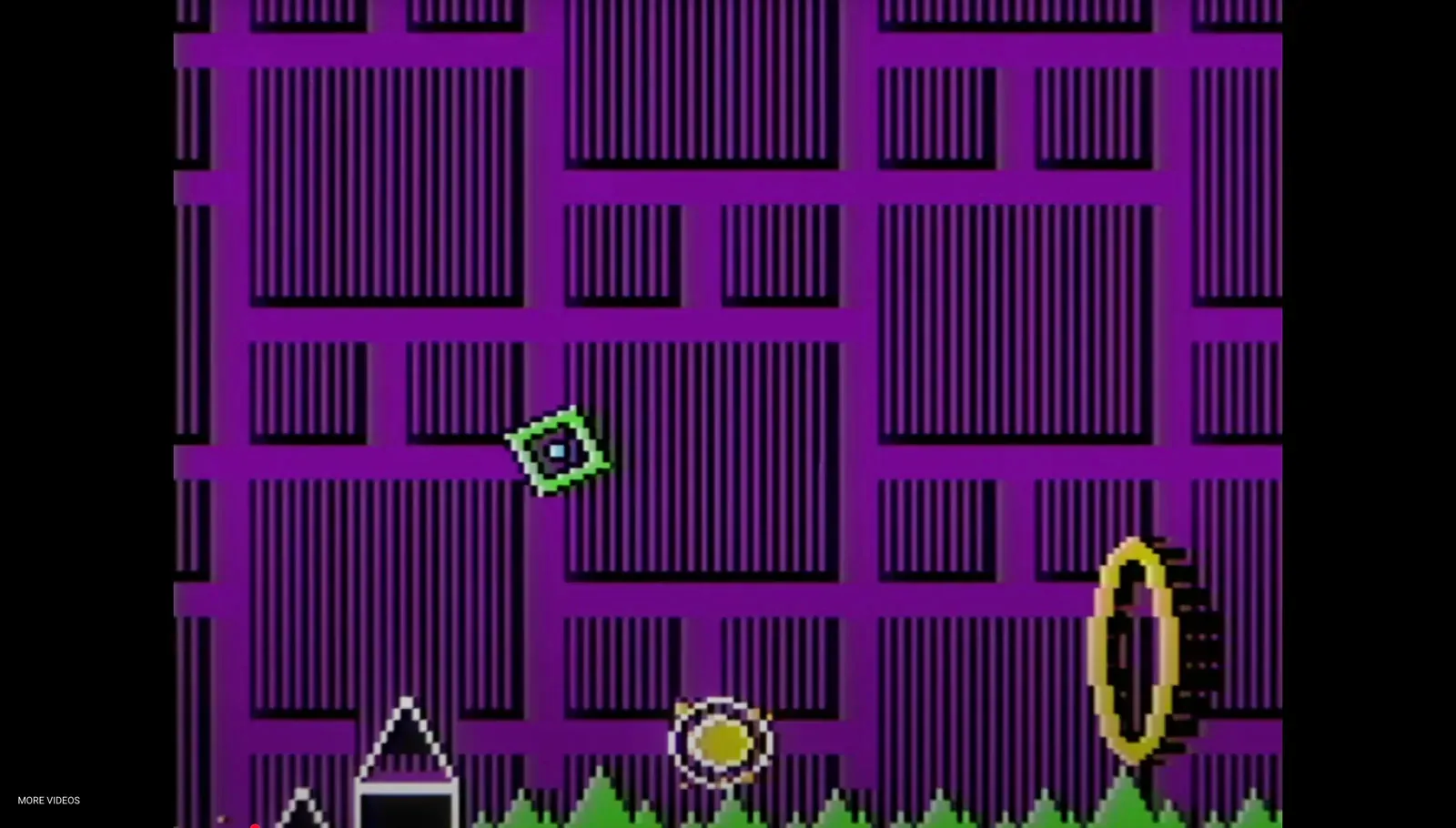
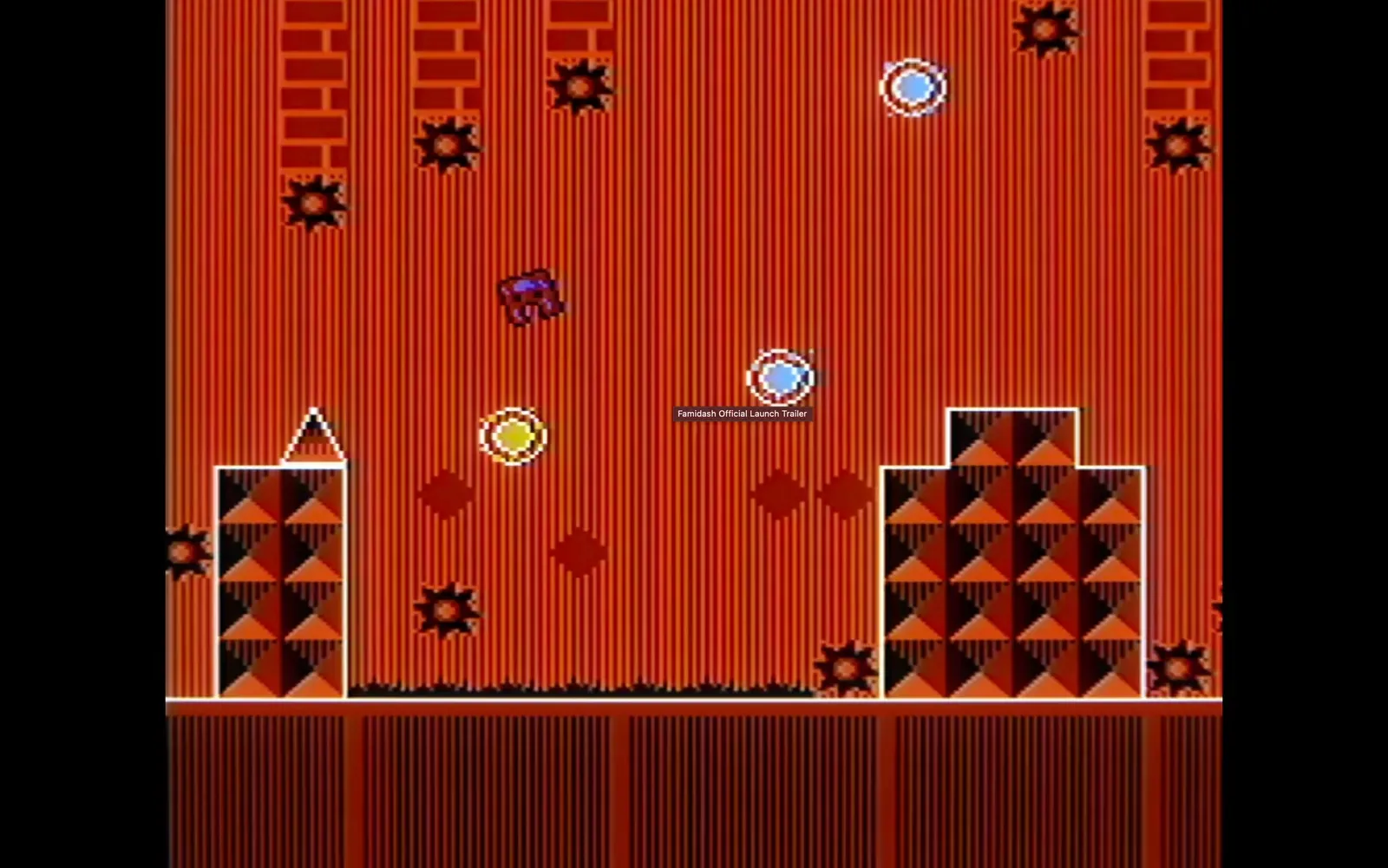
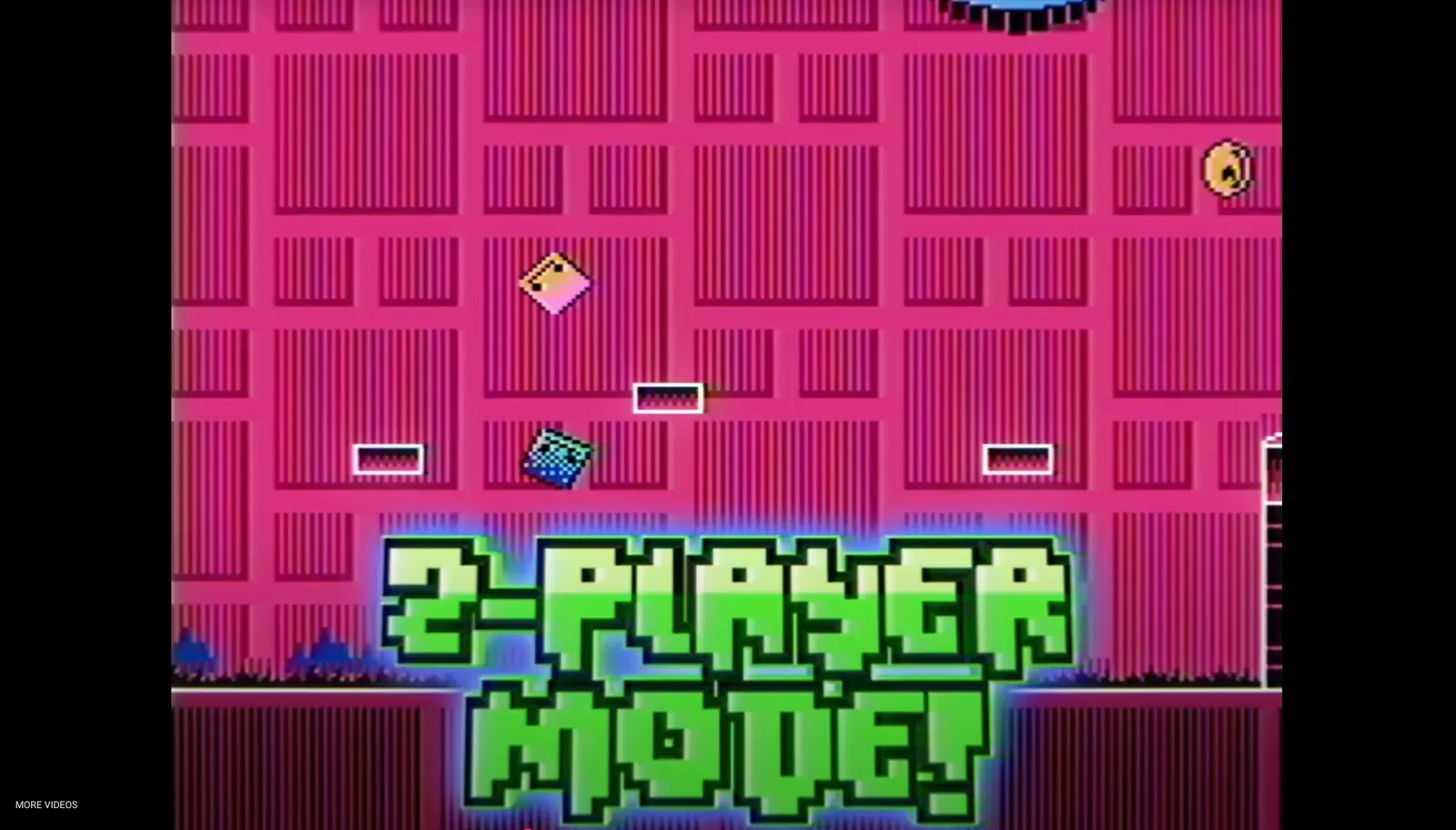
Famidash is not merely a static tech demo; it is a playable recreation that pushes the NES hardware to its limits. The game features the signature auto-scrolling gameplay where players must navigate a geometric avatar over spikes and obstacles in time with the music. Impressively, the port maintains a fluid frame rate—essential for a game requiring such pixel-perfect reaction times. The project also includes chiptune renditions of the soundtrack, adapting the heavy electronic beats of the original into the distinct square waves of the NES’s 2A03 sound chip.
The release highlights the continued versatility of the NES homebrew scene. While the console is often associated with slower-paced platformers, Famidash demonstrates that with optimised code, the system is capable of fast, responsive action that rivals modern indie titles. The ROM file is available to download for free (though donations are encouraged) from the developer's Itch.io page, allowing it to be played via emulation or on original hardware using a flash cart such as the EverDrive N8.
For anyone who wants a fresh challenge that blends modern game design with genuine retro limits, Famidash is a fascinating experiment. The visuals may be simple and the hardware ancient, but the addictive feeling of a perfectly timed jump remains as strong as ever.

